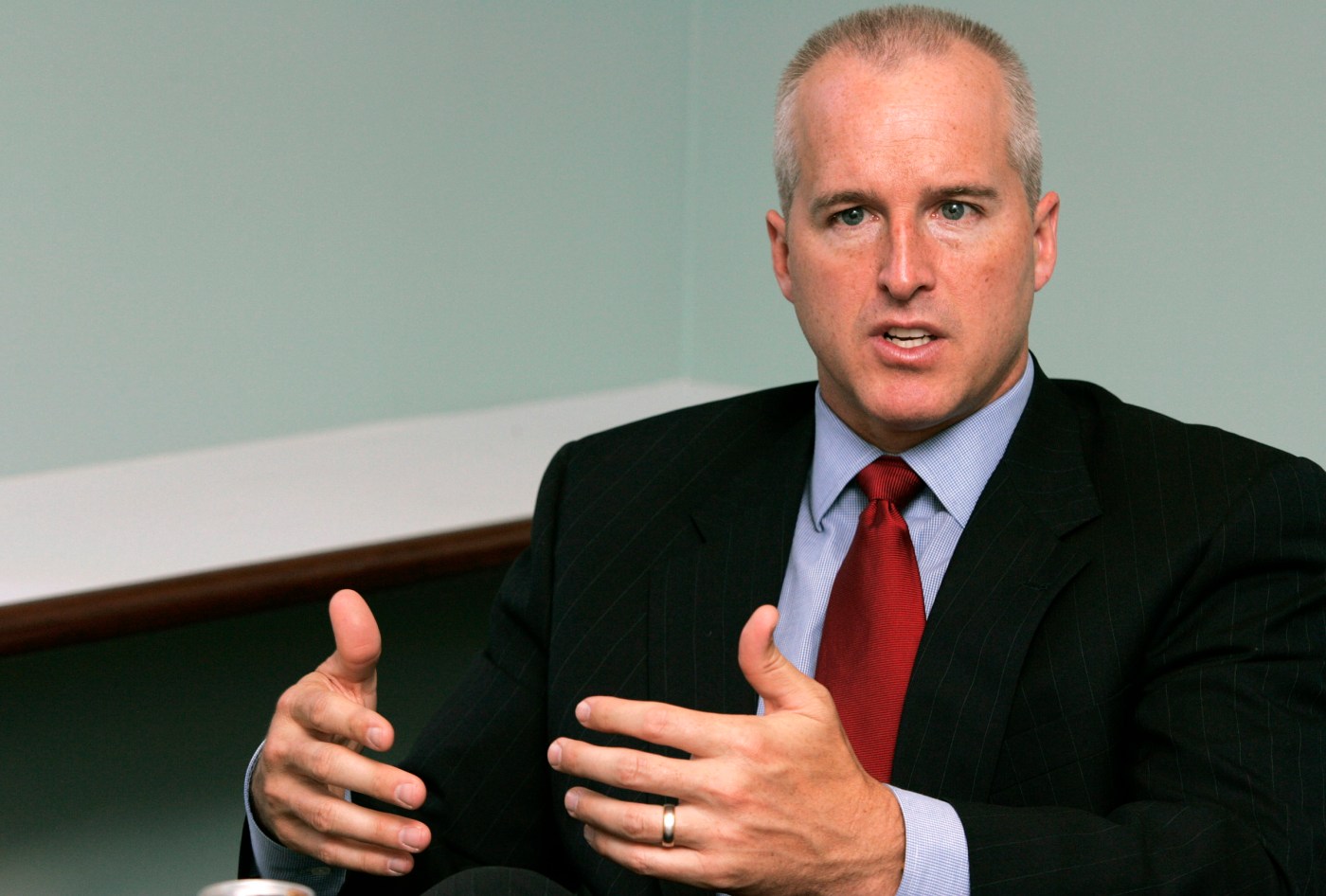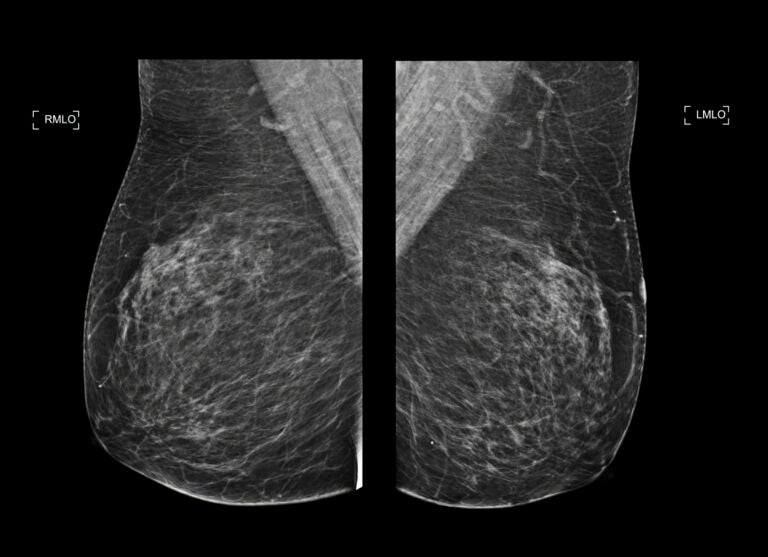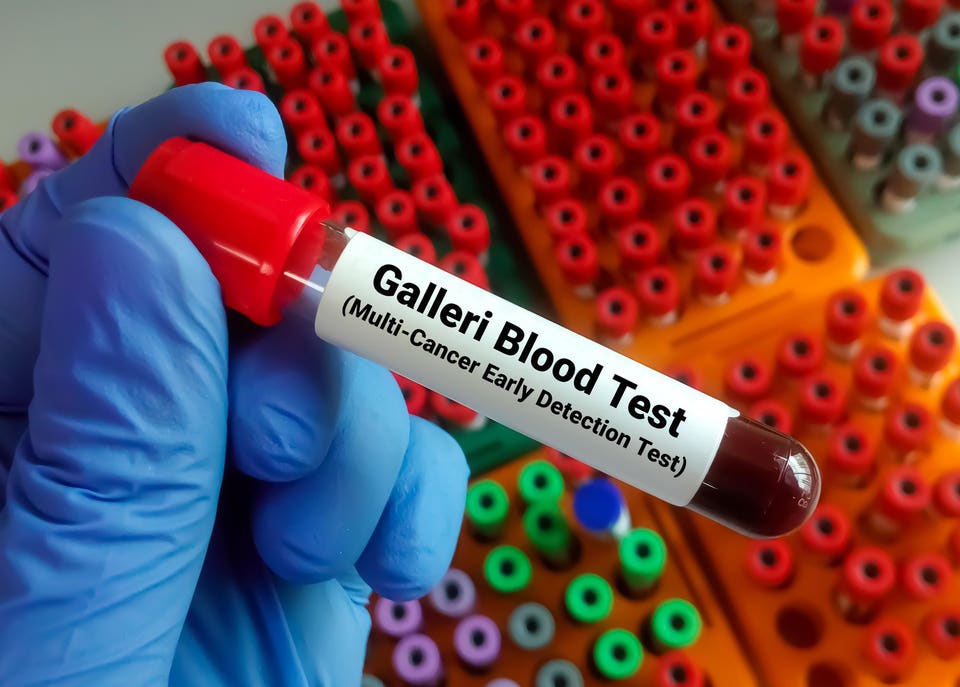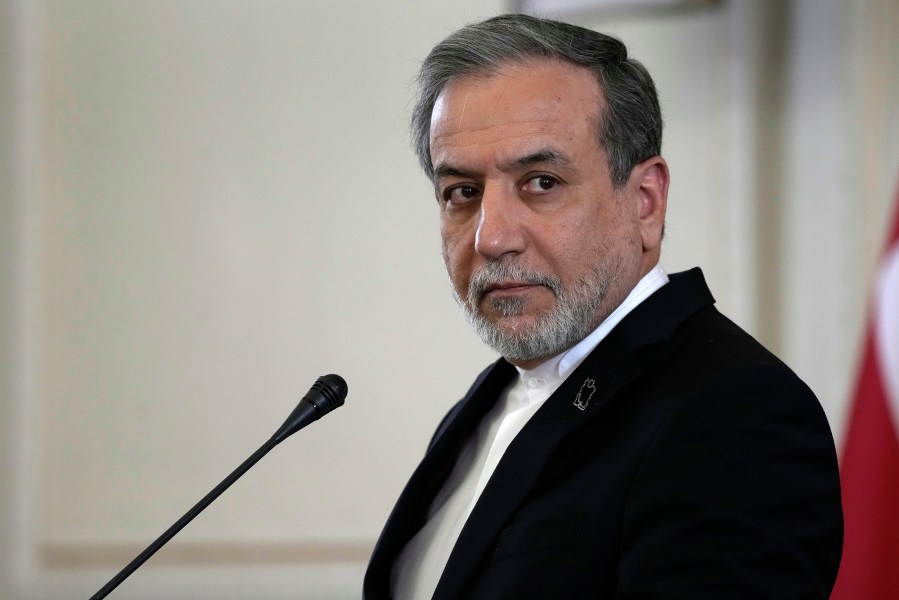
Hamilton, Ohio USA, 13 March 2025, The Butler County, Ohio Jail, where Sheriff Richard Jones has posted a sign reading 'Illegal Aliens Here.' He has begun holding undocumented immigrants under a contract with Immigration and Customers Enforcement (ICE).. (Photo by: Jim West/UCG/Universal Images Group via Getty Images)
Ayman Soliman, a prominent imam in Cincinnati, Ohio, was released from Immigration and Customs Enforcement (ICE) detention on September 15, 2023, after spending 72 days in custody. His case, which garnered significant public attention and support, concluded with the U.S. Citizenship and Immigration Services (USCIS) rescinding a notice that had previously terminated his asylum status.
Upon his release, Soliman addressed a gathering of supporters at the Clifton Mosque, expressing profound gratitude for the community’s efforts on his behalf. “It is just as our Christian friends call it, a rebirth. I am reborn today,” he stated, emphasizing the impact of faith and advocacy during his ordeal.
Soliman was detained on July 9, 2023, during a routine check-in with ICE, following the termination of his asylum status a month earlier. His legal team reported that they received notification on the day of his release indicating that USCIS planned to reinstate his asylum status. Shortly after, the Department of Homeland Security (DHS) filed a motion to terminate the removal proceedings against him, although the government did not provide specific reasons for these decisions.
Robert Ratliff, Soliman’s attorney, characterized the case as problematic from the beginning, suggesting there were indications of targeting. He stated, “This was always a stretch from the beginning, and it just reeked of somebody targeting him.”
The imam, who previously served as an interfaith chaplain at Cincinnati Children’s Hospital, became a beloved figure in the community. His detention sparked public outcry, leading to vigils and protests in the tri-state area. Supporters, including clergy members, rallied to demand his release, with one notable protest turning chaotic after police intervened, resulting in injuries and arrests.
A video released by the activist group Young United Souls for Revolutionary Action showed Soliman exiting the Butler County Jail with a trash bag containing his personal belongings, greeted by a crowd of supporters. Following his release, he attended Friday prayers at the mosque, where he was welcomed back by his colleagues, including Rev. Elizabeth Diop, who expressed her relief and gratitude for his return.
Soliman’s asylum status had been granted in 2018 but was challenged by DHS, which accused him of providing material support to a terrorist organization during his time in Egypt. His legal counsel and supporters have vehemently denied these allegations, stating they were based on errors and misinterpretations.
With his asylum status reinstated, Soliman can now apply for a green card, bringing him closer to reuniting with family members he left behind out of fear of political persecution in Egypt.
Looking ahead, Soliman plans to take time to recuperate from his ordeal, stating he will focus on adjusting to normal life. He reflected on the support he received, asserting, “We have been told that they were detaining and deporting the worst of the worst, and I can tell you firsthand that I’ve seen the best of the best, unjustly detained and unjustly deported.” Encouraging his supporters, he concluded, “Don’t underestimate your voice,” highlighting the importance of community advocacy.
As Soliman begins to navigate his path forward, his case serves as a reminder of the complexities surrounding immigration policies and the human stories intertwined within them.







